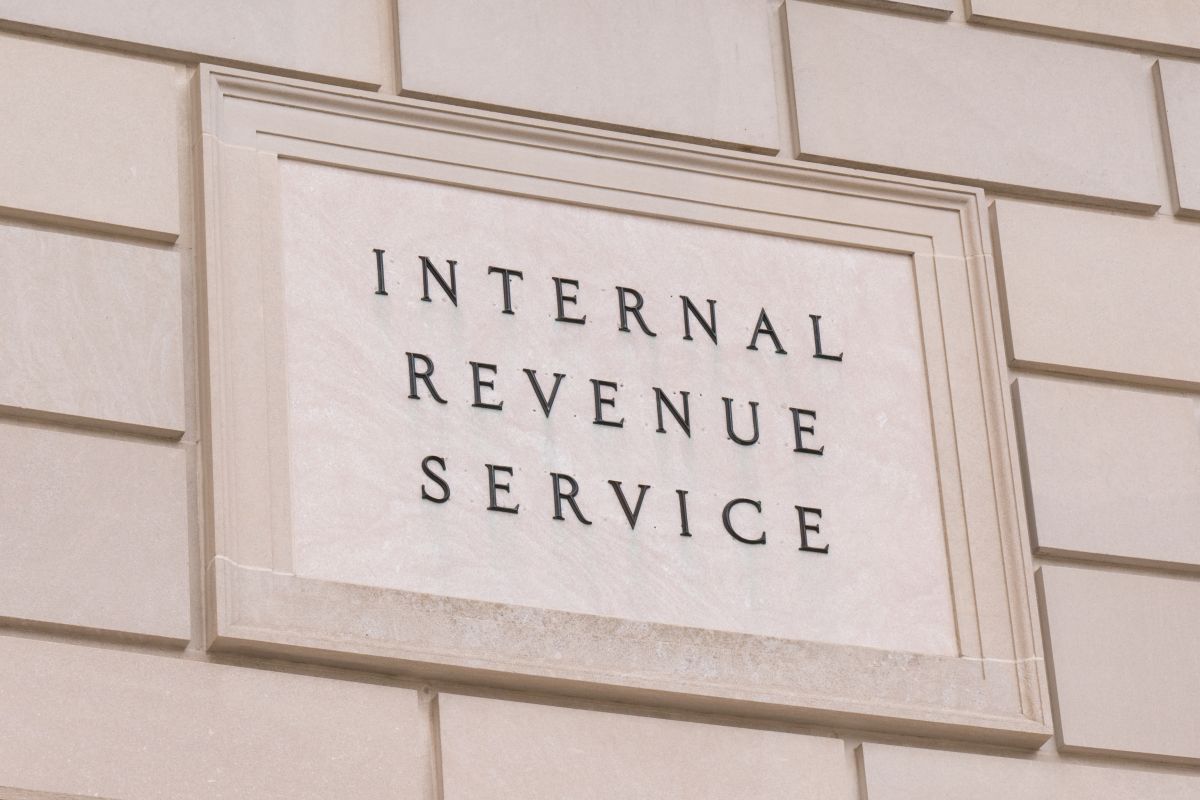The Internal Revenue Service (IRS) announced on its website that victims of Hurricane Ian in Florida now have until 10 February 2023 to file various federal individual and business tax returns and make tax payments.
The IRS is offering relief to any area designated by the Federal Emergency Management Agency (FEMA). This means that individuals and households who reside or have a business anywhere in the state of Florida qualify for tax relief. The current list of eligible locations can be found on the IRS.gov disaster relief page.
The tax relief postpones several tax filing and payment deadlines that occurred on or after 23 September 2022. As a result, affected individuals and businesses will have until 15 February 2023 to file returns and pay the taxes originally due during this period.
This means that people who had a valid extension to file their 2021 tax return due on 17 October 2022, now they will have until 15 February 2023 to file.
However, the IRS noted that because the tax payments related to these returns of 547 were due on April 18 of 2022, those payments are not eligible for this relief.
According to the tax agency, the deadline of 15 February 2023 also applies to quarterly estimated income tax payments that expire on 17 January 2023 and quarterly payroll and excise tax returns normally due on 31 October 2022 and 31 January 2023.
In addition, penalties on payroll and excise tax deposits due on or after 23 September 2022 and before October 2022 will be reduced as long as deposits are made before 10 October 2022.
The IRS automatically provides filing and penalty relief to any taxpayer with an IRS address of record located in the disaster area. Therefore, taxpayers do not need to contact the agency to obtain this relief.
However, if an affected taxpayer receives a late filing or late payment penalty notice from the IRS that is dated due date of deposit, payment or original or extended presentation that falls within the deferment period, the taxpayer must call the number that appears on the notice to request the reduction of the penalty.
Individuals and businesses in a declared disaster area may choose to claim them in the declaration year in which the loss occurred (in this case, the return for 2022 which is normally filed next year) or on the return for the previous year (2021). Be sure to write the FEMA declaration number, DR-4673-FL, on any declaration claiming a loss (Publication 31).
For more information on disaster recovery, visit DisasterAssistance.gov.
You may also be interested in:
– IRS sent “Child Tax Credit” checks to ineligible families and is now asking them to pay the money back
– IRS announces that victims of Hurricane Fiona in Puerto Rico Qualifies for Tax Relief
– Ian Regains Hurricane Strength and Continues Course to South Carolina
